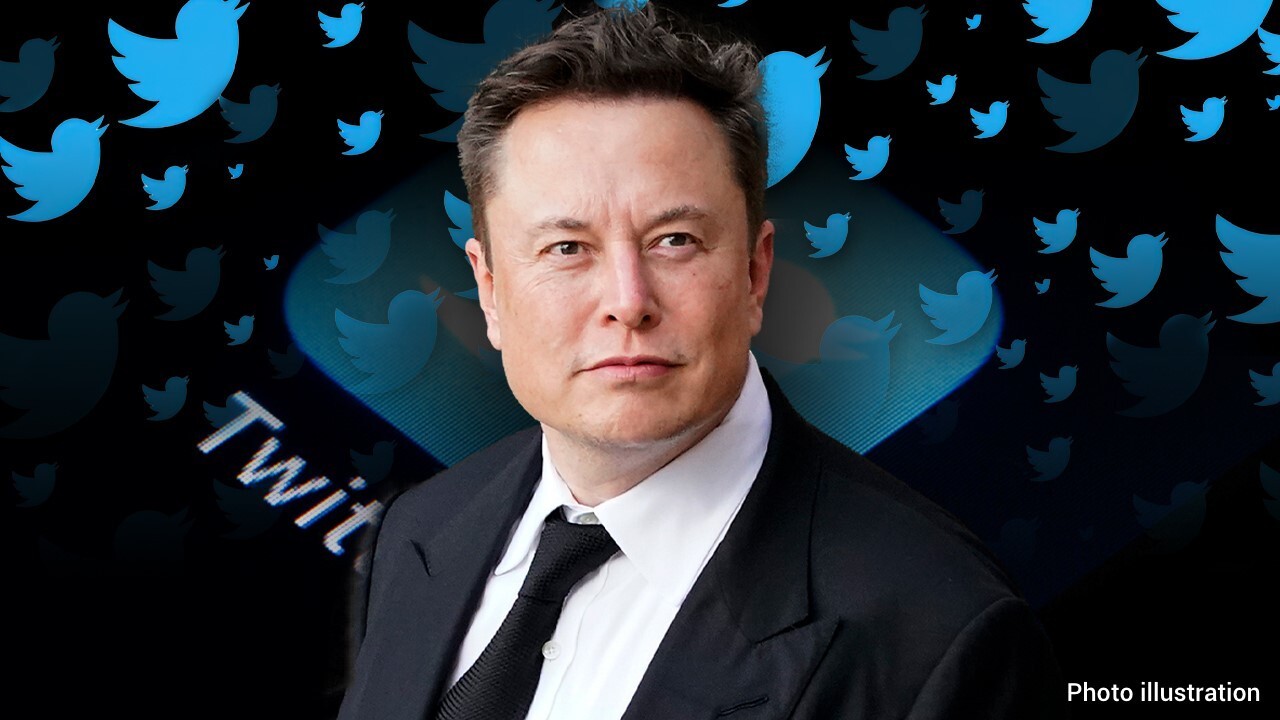Elon Musk has announced that he will step down as CEO of Twitter after a successor is found.
Elon Musk said late last night that he would step down as CEO of Twitter after finding a replacement, in apparent deference to a poll he initiated that showed users wanted him out.
Musk has owned Twitter since Oct. 27 and as CEO has repeatedly stirred controversy by firing half the staff, rehiring far-right figures on the platform, ousting journalists and trying to impose fees for previously free services.
“I will resign as CEO as soon as I find someone stupid enough to take the job!” Musk tweeted, saying he would only lead Twitter’s software and server teams from now on.
In the poll results released Monday, 57 percent of voters, or 10 million votes, supported Musk’s resignation just weeks after he acquired ownership of the $44 billion company.
Musk has used the Twitter polls to make other decisions on the platform, including the reinstatement of former US President Donald Trump’s account and other suspended users.
Earlier this week, he used a laughing emoticon to accompany an announcement that he was looking for someone to take over as head of Twitter, writing on the platform that “no one wants this job who can actually keep Twitter alive “.
Analysts have pointed out that the share price of his electric car company Tesla has fallen by a third since Musk took over Twitter, and some have suggested that Tesla’s board has been pressuring him to give up his Twitter role.
“Finally a good step in the right direction to end this painful nightmare situation for Tesla investors,” Wedbush analyst Dan Ives said late last night.
In discussions with users after publishing his latest survey, Musk had renewed his warnings that the platform could go bankrupt.
The unpredictable entrepreneur posted his resignation letter shortly after trying to get out of yet another controversy.
Twitter users were told on Sunday that they will no longer be able to promote content from other social media sites.
But a few hours later, Musk appeared to reverse course, writing that the policy would be limited to suspending accounts only when “the primary purpose of that account is to promote competitors.”
The attempted ban drew howls of disapproval and even embarrassed Twitter co-founder Jack Dorsey, who supported Musk’s takeover of the company.
Analyst Ives noted that “advertisers have fled and left Twitter in the red, potentially on track to lose about $4 billion a year.”
Shortly after taking over the platform, Musk announced that it would charge $8 a month to verify the identity of account holders, but after a disturbing influx of fake accounts, he had to suspend the “Twitter Blue” plan.
On Nov. 4, when Musk said the company was losing $4 million a day, Twitter laid off half of its 7,500 employees.
Musk reinstated Trump’s account – despite the former US president indicating he was not interested in the platform – and said Twitter would no longer work to combat Covid-19 disinformation.
In recent days, he has suspended the accounts of several journalists after complaining that some of them had published details of his private jet’s movements, which he said could endanger his family.
Some of the suspended accounts have since been reactivated.
On Monday, the head of the European Parliament, President Roberta Metsola, sent a letter to Musk inviting him to address the legislature, her spokesperson said.
Parliament does not have the power to compel Musk to appear, and his response was not made public.

